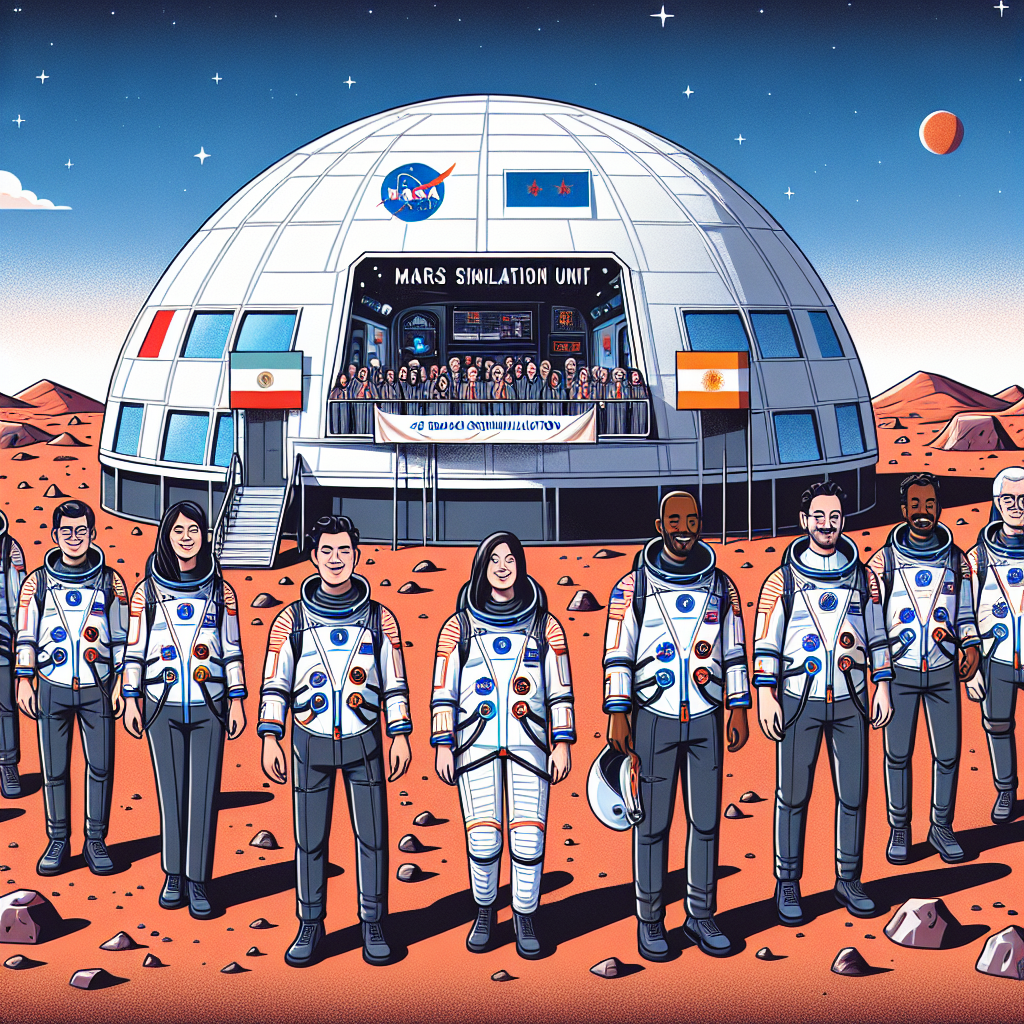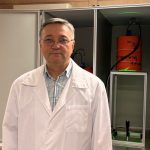NASA Chooses Team for 45-Day Mars Simulation in Houston
NASA’s Bold Step: 45-Day Mars Simulation in Houston

Introduction to the Mission
NASA has embarked on an ambitious project to simulate a Mars mission, selecting a team to undergo a 45-day experiment in Houston. This initiative is part of NASA’s ongoing efforts to prepare for future manned missions to the Red Planet, aiming to gather crucial data on human endurance and adaptability in space-like conditions.
The Chosen Team
The team comprises a diverse group of individuals, each bringing unique skills and expertise to the table. This selection reflects NASA’s commitment to fostering a multidisciplinary approach to space exploration.
- Experts in engineering and technology
- Medical professionals with experience in space health
- Scientists specializing in planetary science
- Psychologists focusing on human behavior in isolation
Simulation Environment
The simulation will take place in a highly controlled environment designed to mimic the conditions of Mars. This includes:
- Limited communication with the outside world
- Restricted access to resources
- Simulated Martian terrain for exploration activities
- Realistic challenges such as equipment malfunctions and emergency scenarios
Objectives and Expected Outcomes
The primary goals of the simulation are to assess the psychological and physical impacts of long-duration space missions and to test new technologies and protocols. Key objectives include:
- Understanding team dynamics in isolated environments
- Evaluating the effectiveness of life-support systems
- Testing new communication technologies
- Developing strategies for resource management
Conclusion
This 45-day Mars simulation is a critical step in NASA’s journey towards human exploration of Mars. By analyzing the data collected from this experiment, NASA aims to enhance the safety and success of future missions. The insights gained will not only benefit space exploration but also contribute to advancements in technology and human resilience.


















